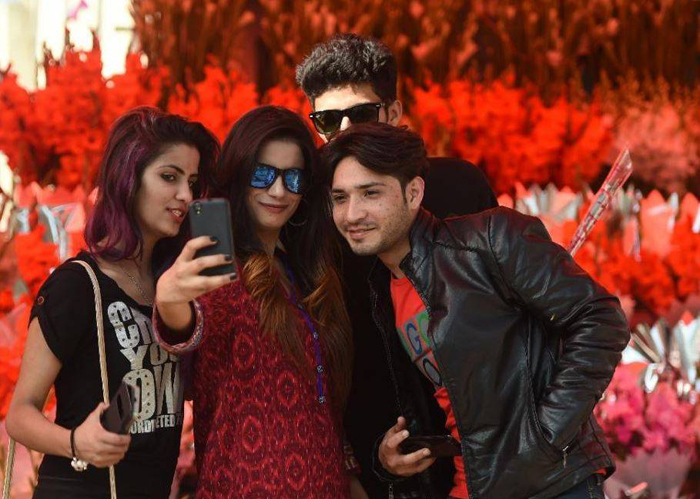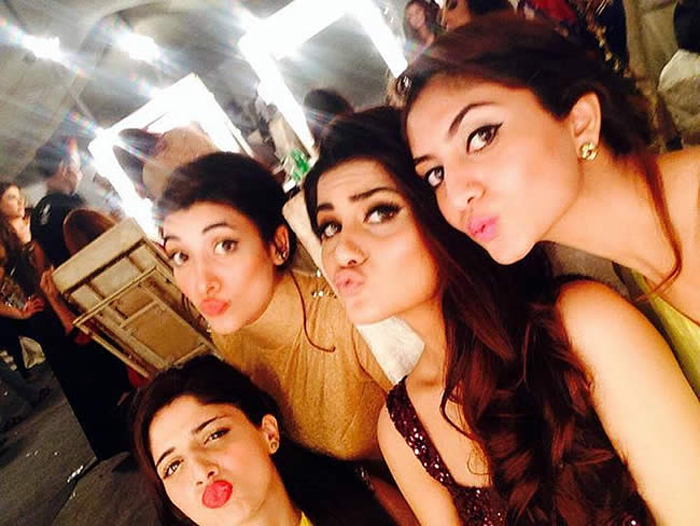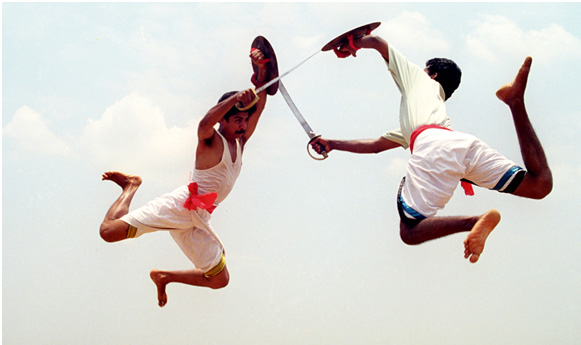What Are Exoplanets And How NASA Detects Life Beyond Our Solar System
Bharti Airtel Set To Acquire Telenor India Within This Year
Google Celebrates NASA’s Discovery Of Seven Earth-Like Planets With An Animated Doodle
Some Home Remedies That Might Sound Bizarre But Actually Work Like A Charm
Akshay Kumar Feels He Has Made Enough Money, Now Wants To Focus On Content & Characters
Delhi ATM Dispenses Fake Rs 2000 Notes From ‘Childrens Bank of India’ With ‘Churan Lable’
Adolf Hitler’s Personal Telephone During World War II Is Up For Auction In The US
From Salman Khan To Rekha, Neil Nitin Mukesh’s Wedding Reception Was Quite A Starry Affair
Below A new Traditional Program, Pakistans Adolescents Usually are Defiant Nevertheless Too Terrified To write Duckface Selfies.
A pretty 15-year-old girl strikes a pose and pouts at the camera on her phone, so far so Generation Z, but unlike her teenage counterparts in the West, she stops short of posting the photo on social media, restricted in part by Pakistan's social mores. It is a confusing time for the nation's youth — the arrival of 3G and 4G in Pakistan in 2014 and a massive surge in the sale of smartphones has seen social media use surge, making information about largely taboo subjects such as love, dating, even sex more accessible than ever. Young people can communicate online in relative freedom, and the country even has a Kim Kardashian type figure — Qandeel Baloch, who has become famous through her tireless self-promotion and suggestive "selfies" posted on social media, amassing tens of thousands of followers. But for many in the deeply conservative Muslim nation, strict religious and familial controls still dictate behaviour — the "duck-face" selfie shot, which is almost ubiquitous on the social media pages of teens in the West, can present a hazard in Pakistan.
She shot to fame in Pakistan in 2014 after a video of her pouting for the camera and asking "How em looking?" went viral.
"People are going crazy — especially girls. I get so many calls where they tell me I'm their inspiration and they want to be like me," she told AFP.
Cyberspace can turn society's rules upside down, said one 13-year-old boy.
"Online, guys write to girls 'hey baby, let's hook up,'" he said to a roar of laughter from his classmates. Once, he admitted to more scandalised giggles, it was the other way around. "A girl asked me to be friends in an online message. I was scared to death."
Another 15-year-old girl added social media provided them a unique platform for expression. "It's useful to us, it's our own identity. In school you can't always speak your mind. On social media, you can be more open about what you like. You get to be yourself." Some of AFP's interviewees said they knew of teenagers using fictitious profiles in order to protect their identities and behave more freely. One young girl commented: "In a Muslim country, it's bad to talk to guys face to face so girls do it online. But it's very risky, some people have fake accounts."
Despite halting the pouting photographs, the 15-year-old girl called on her peers to be more confident online, instead of hiding behind Pakistani cultural restrictions. She said: "You can't blame society for everything... You can't be a wimp all your teenage life and do nothing. And you can do (something) on social media."






